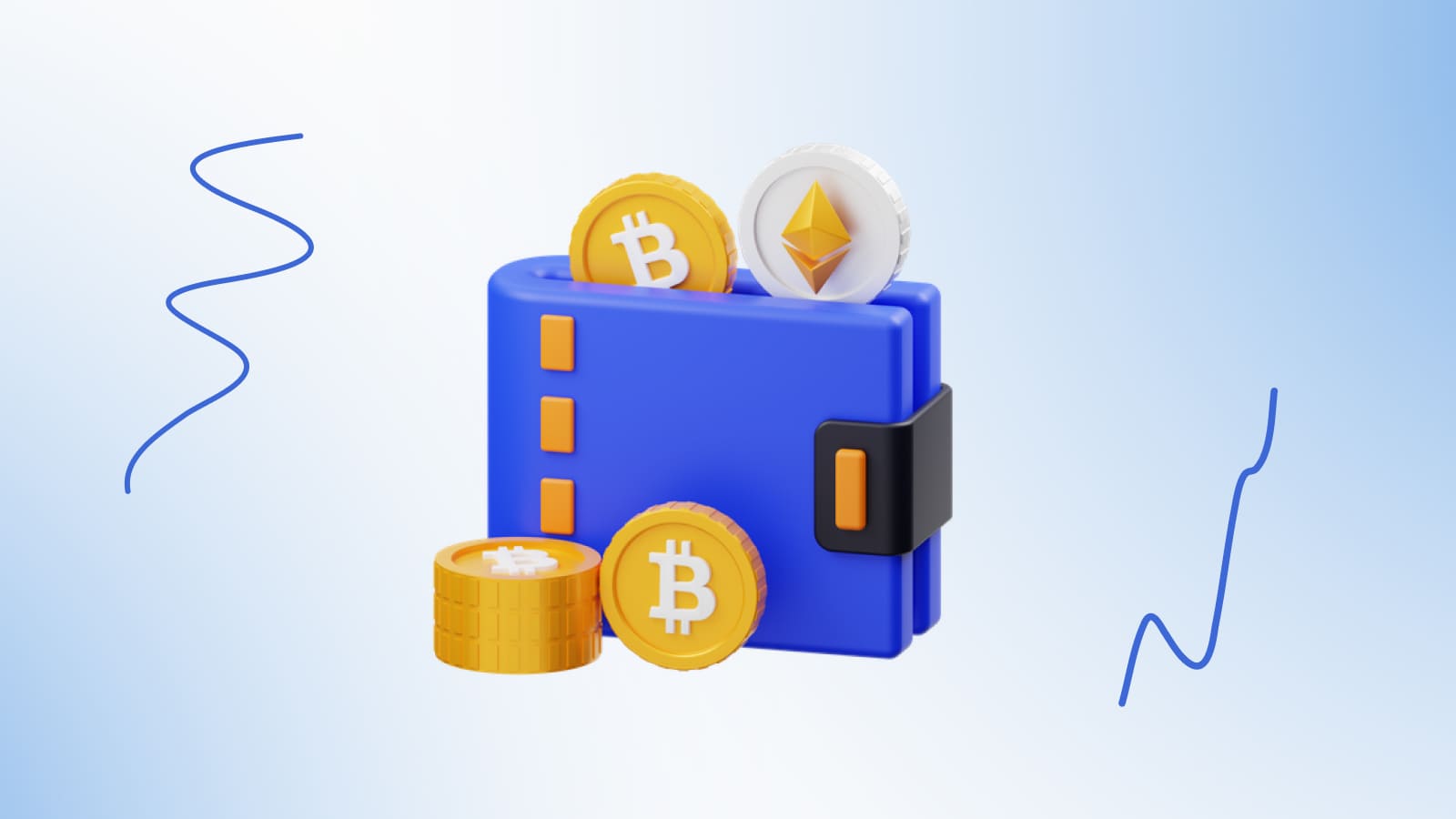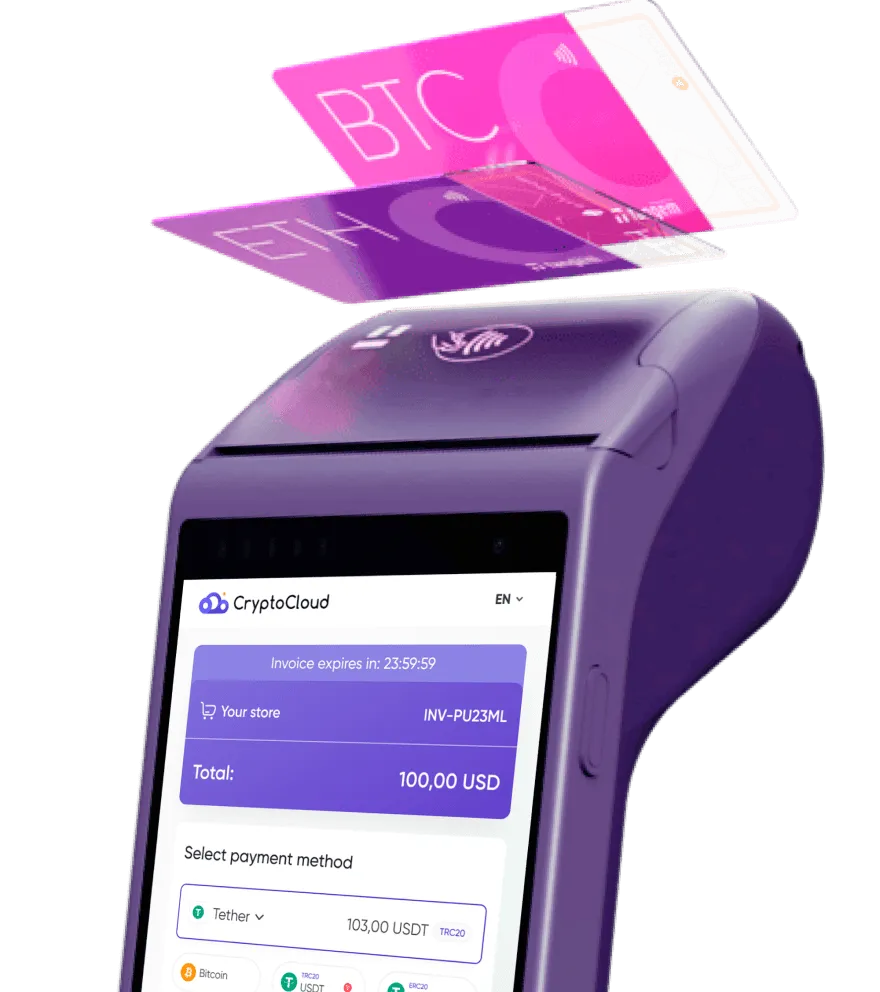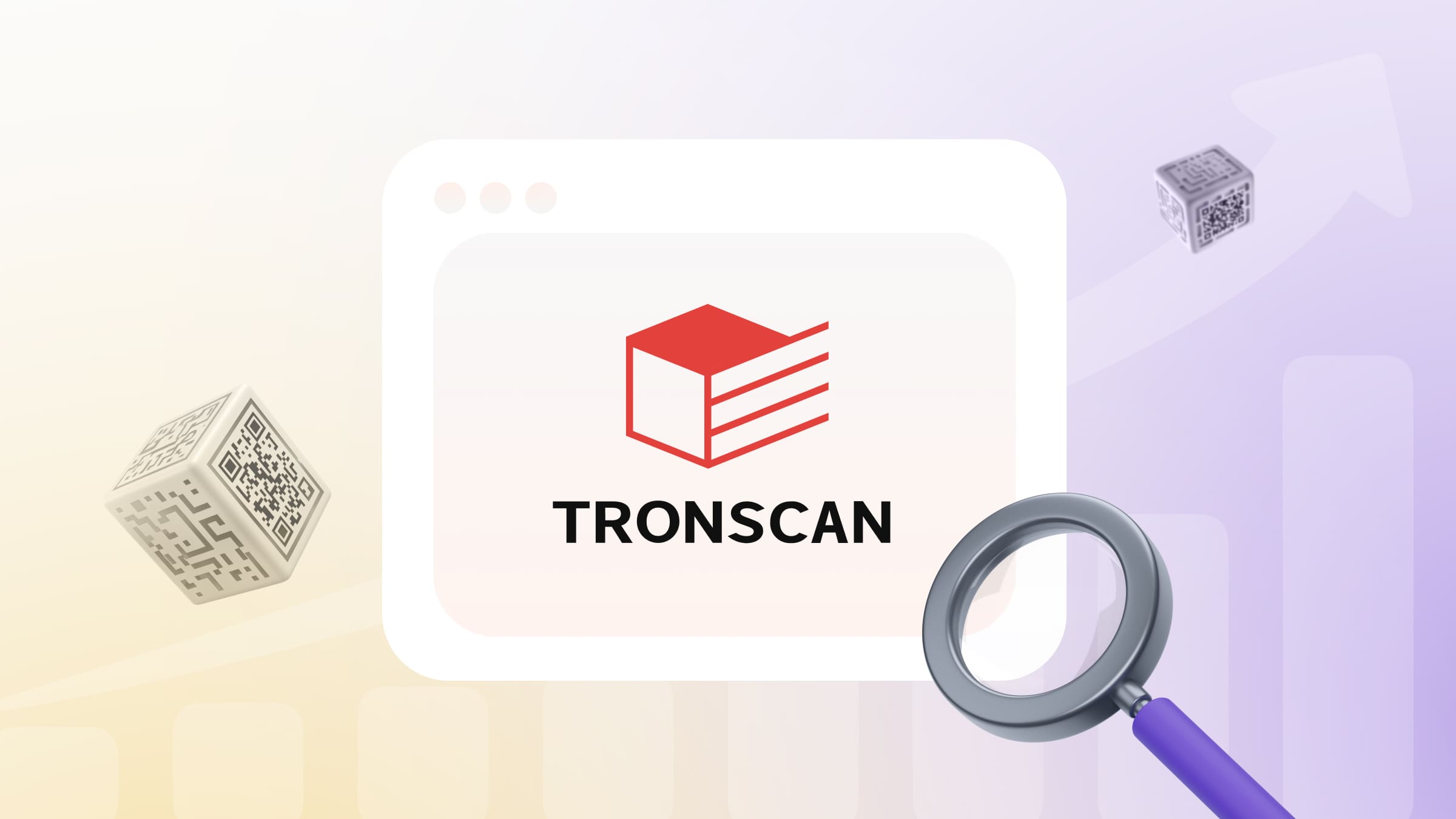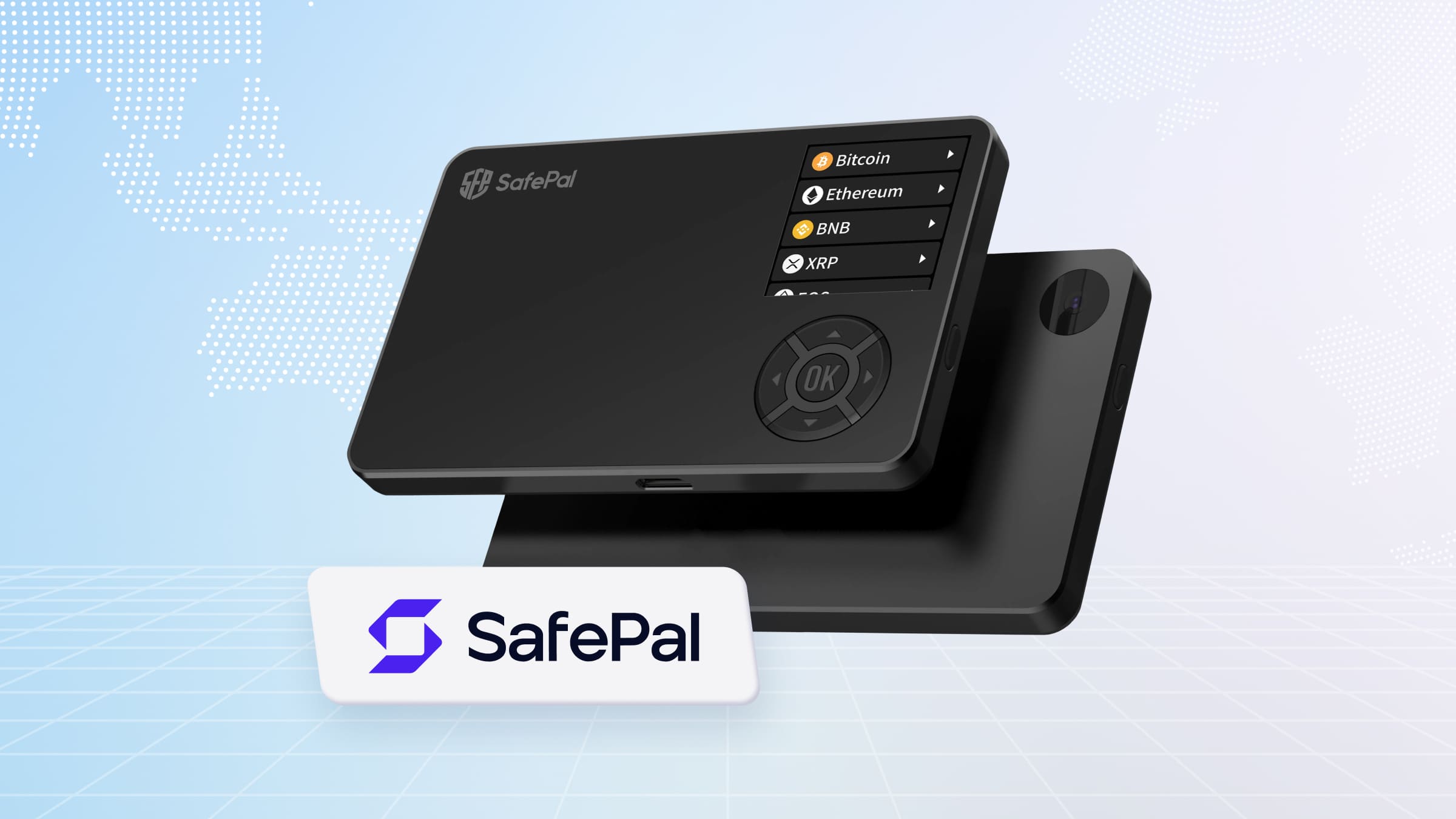So you have decided to start using cryptocurrency. The first order of business for you is to choose a crypto wallet that would be convenient and secure. A wallet like that is not made of leather or kept in your coat pocket.
Our days brought us a new type of wallet, a virtual one. It is fully digital and designed to provide its owners with a safe and easy way to access their cryptocurrency savings. Read on to learn about why you would need a wallet like that, how it works and how to choose the best one.
What Is a Crypto Wallet and How It Works
People who pay in cash usually keep their money in their regular wallets because it’s convenient. That’s also true for cryptocurrencies. But why wouldn’t you just keep all your crypto assets at the crypto exchange you carry out all crypto transactions through? Ostensibly, that would be the most convenient way, but it has some obvious risks:
- exchange closing down for maintenance temporarily;
- hacking;
- fraud;
- temporary or permanent ban on the exchange ordered by the authorities;
- bankruptcy, etc.
A crypto wallet with a bank card withdrawal option gives you a chance to avoid all those risks or considerably minimize them while still being easy to use for the majority of financial operations. It’s very similar to your own bank account you can use to keep, send or receive crypto assets while retaining an opportunity to pay for your online purchases. You will also get a private key granting you full control over your wallet and access to your Bitcoin address.
To learn more about crypto wallet protection, we recommend reading our article: «Crypto Wallet Protection: Popular Hacking Methods and Tips on Saving Funds».
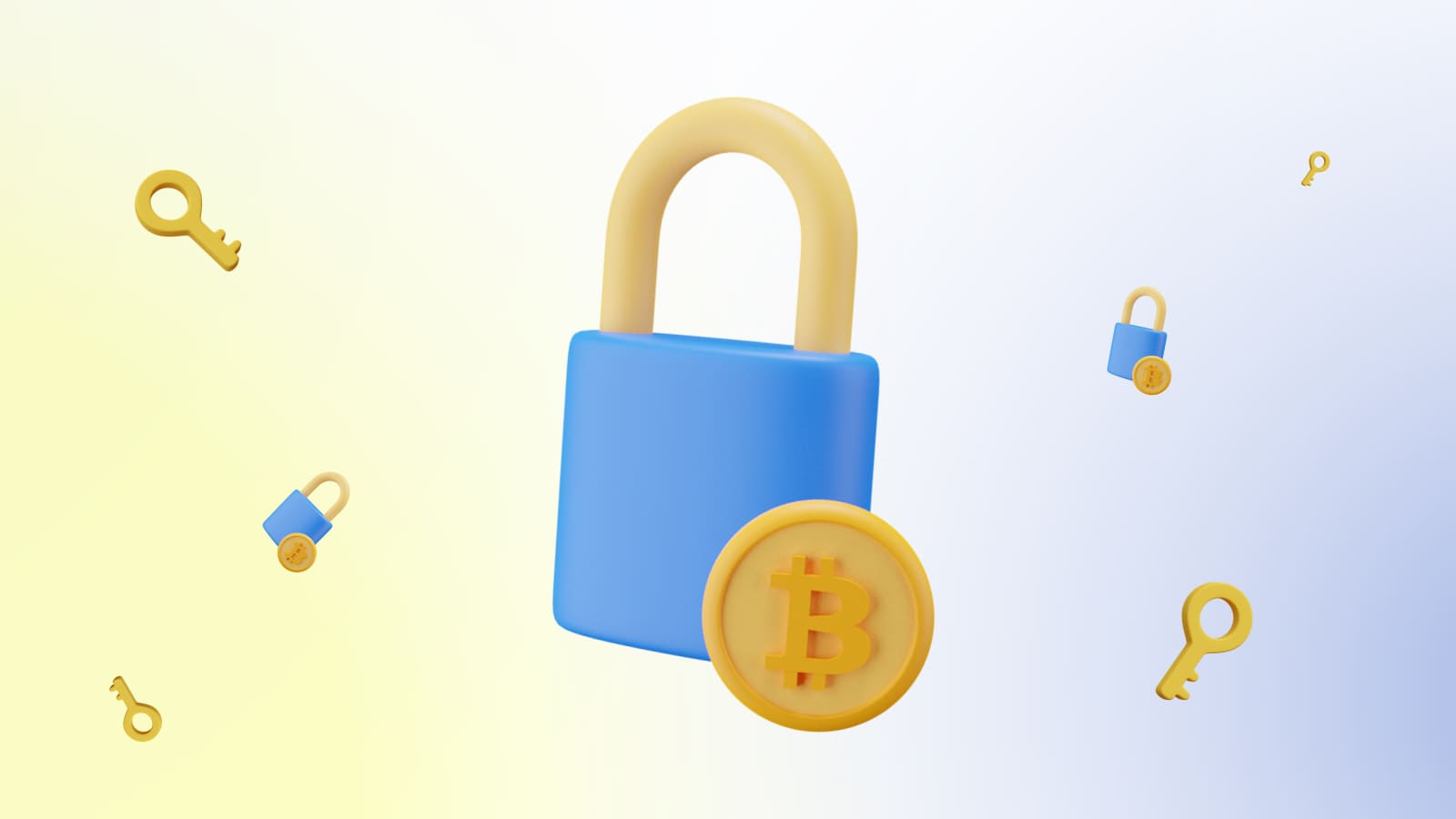
In practice, crypto transactions are authenticated via a one-sided mathematical function and two keys, one public and one private. Because there’s a mathematical relation between the two components, everything you encrypt using the public key can only be decrypted with the relevant private key.
The sender uses the receiver’s public key to encrypt the message. The receiver uses the private key (known only to the receiver) to decrypt it.
In case of private key loss, you can use a seed phrase, i.e. a random combination of 12/18/24 words generated automatically at the key setup, to retrieve it.
If you want learn more about crypto usage methods, read our article «TOP-13 Ways to Use Cryptocurrency in Everyday Life».
Crypto Wallets Classification
There are several types of crypto wallets designed to answer various user needs. Criteria used to differentiate them are similarly varied. Let’s take a look at them.
Control
Centralized wallets are software programs managed by a third party (such as a bank) that essentially controls all the payments made. That helps beginners avoid numerous own mistakes but does not guarantee privacy and does not protect you from the risk of the managing company’s bankruptcy.
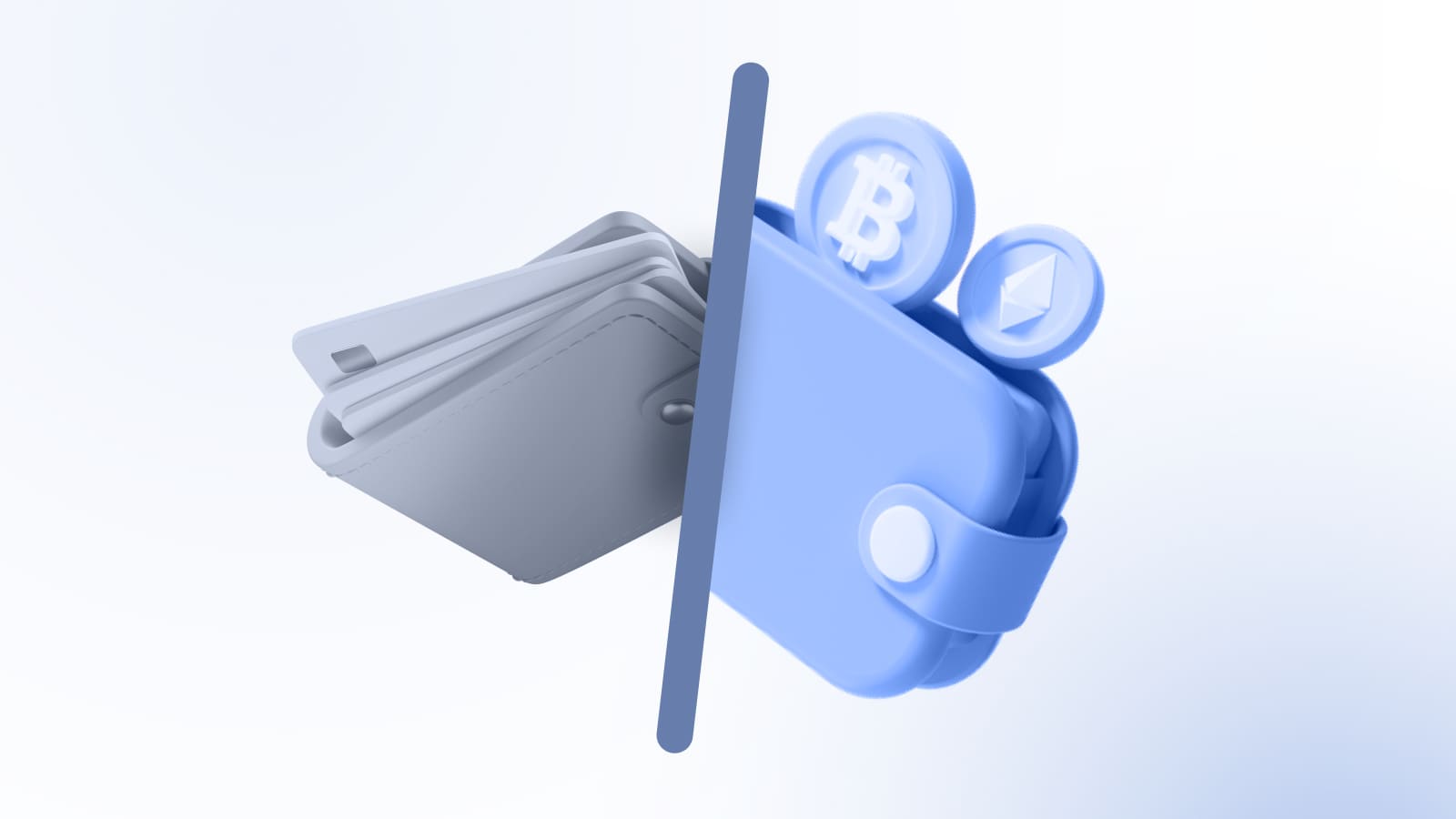
A decentralized wallet user utilizes the private key and manages the finances without middlemen. But if there’s an emergency (such as forgetting the key), there’s nobody to help.
Key use
There are custodial and non-custodial wallets. In the first case, private keys are stored in a centralized system. In the latter case, users themselves keep them. The advantages and disadvantages of both wallet types are similar to those of centralized and decentralized wallets (see above).
If a third party is keeping the key, that third party is responsible for providing access to the system and solving all related user issues. For non-custodial wallets, owners are sole custodians of their financial operations. They do not share their personal data with anyone, but they also have to deal with any issues that may arise on their own.
Storage location
There are three types of wallets in that category:
A desktop wallet stores your private keys on your hard drive. No third person can misplace or steal your crypto money in that case. But wallets like that are inconvenient to use.

A mobile crypto wallet is an easily accessible tool for frequent use, similar to any smartphone app. However, mobile wallets a susceptible to hacker attacks.
Online wallets allow you to use your crypto money from any device, but their privacy can be breached easily.
Method of storage
A paper wallet is basically a printed document with a public address and a private key. Its main advantage is that it doesn’t store your keys digitally, making them impervious to hackers and cyber-attacks along with any form of digital theft.
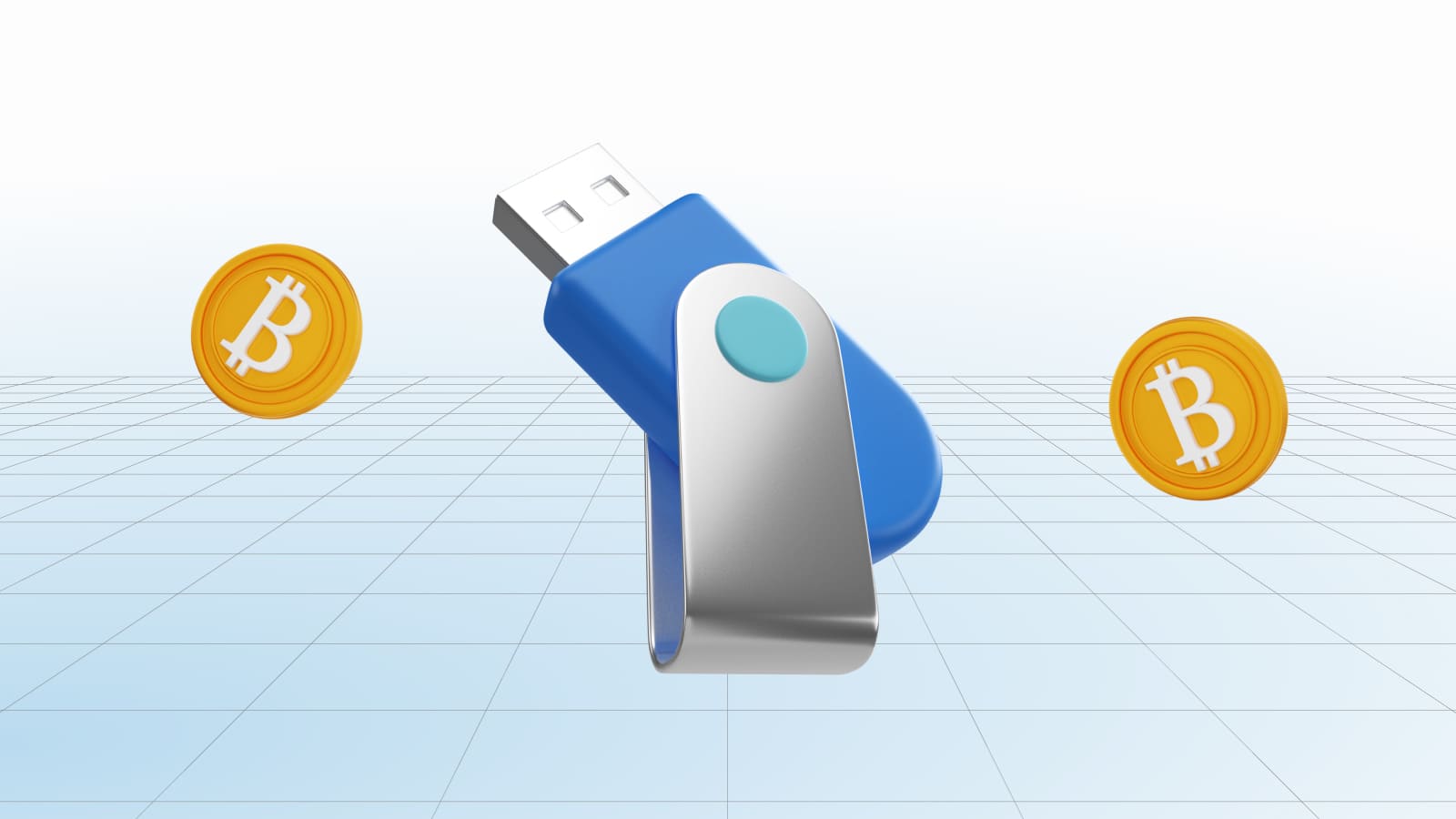
Hardware wallets store private keys on a secure device. This is one of the best-protected storage methods for any Bitcoin amounts because they are autonomous and generate the keys themselves. It can be presented as a flash drive or a set of card, like Tangem Wallet.
Connection method
There’s an endless variety of solutions to offer, which can all be classified into two main categories: hot or cold wallets. Hot wallets are always fully online. They are considered to be more accessible and convenient compared to their cold counterparts, but the security risks associated with them are quite high. Cold wallets are autonomous. Thus, they are considered the best options for storing large crypto amounts.
Extra functions
Crypto wallets often have certain extra functions that give their owners some advantages. A multi-signature wallet, for example, has multiple private keys, while an HD wallet can generate an unlimited number of keys.
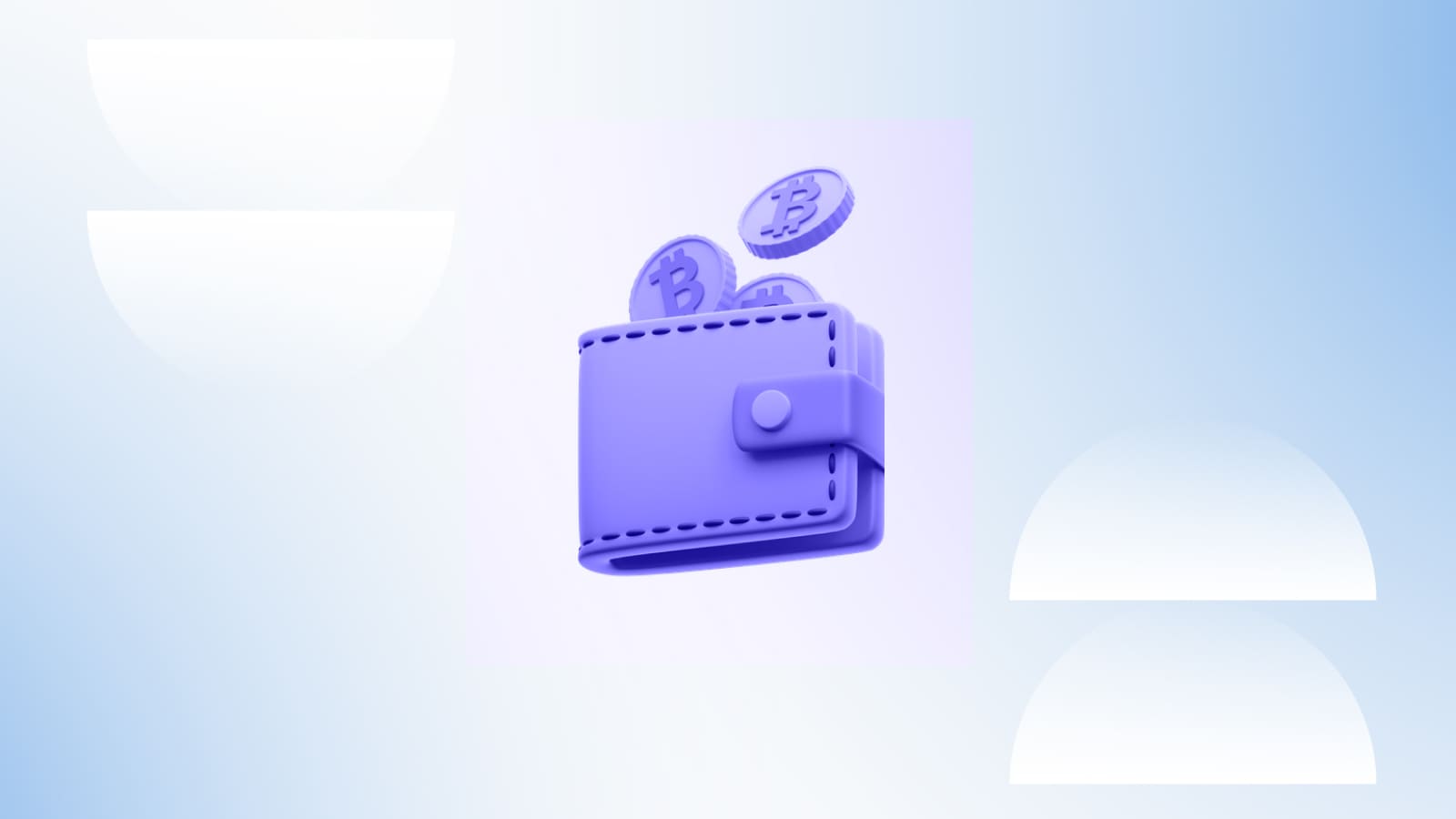
Popular Crypto Wallets
Our list features the most popular wallets of various types that suit every taste: we hope you can choose something you like from it.
- Ledger crypto wallet is a choice for those who value maximum security and stylish design. A secure chip guarantees that safeguarding your data is being taken seriously. Ledger was designed to handle multiple currencies and can be easily managed from your desktop or integrated with various mobile apps.
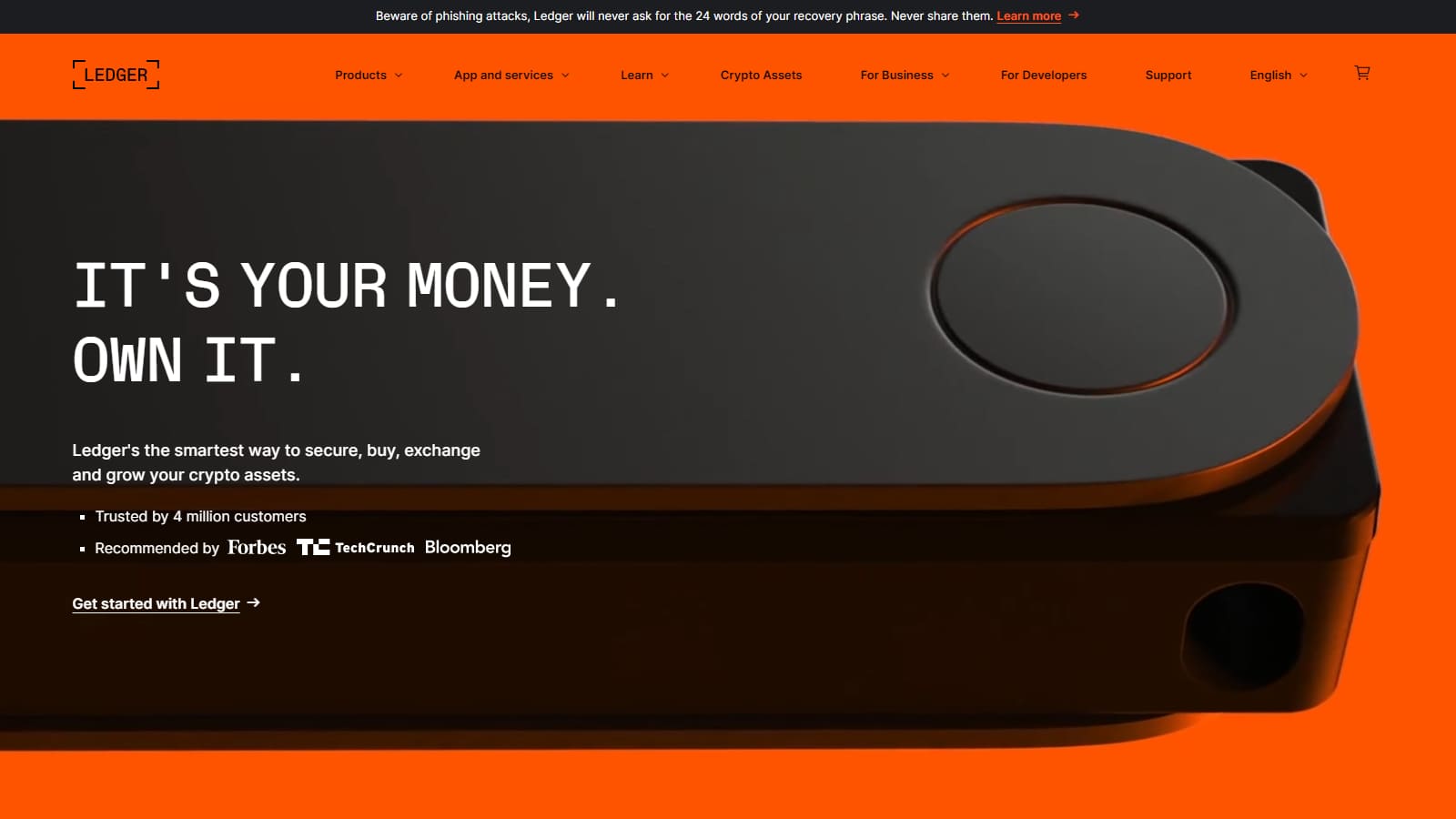
- Trezor is a multi-currency physical device you have to connect to your computer. It uses two-factor authentication, so your password security is a priority. Its only significant drawback is that the device is quite expensive.
- Trust Wallet is a mobile multi-blockchain wallet. Unlike most wallets that support only one cryptocurrency or several cryptocurrencies based on a certain blockchain, Trust Wallet supports a wide array of cryptocurrencies based on multiple blockchains. It uses an onboard Binance DEX crypto exchange. The Wallet Connect tool helps Trust Wallet interact with nearly any decentralized application. Learn more about its advantages and disadvantages from our article «Trust Wallet Review: Advantages & Features ».
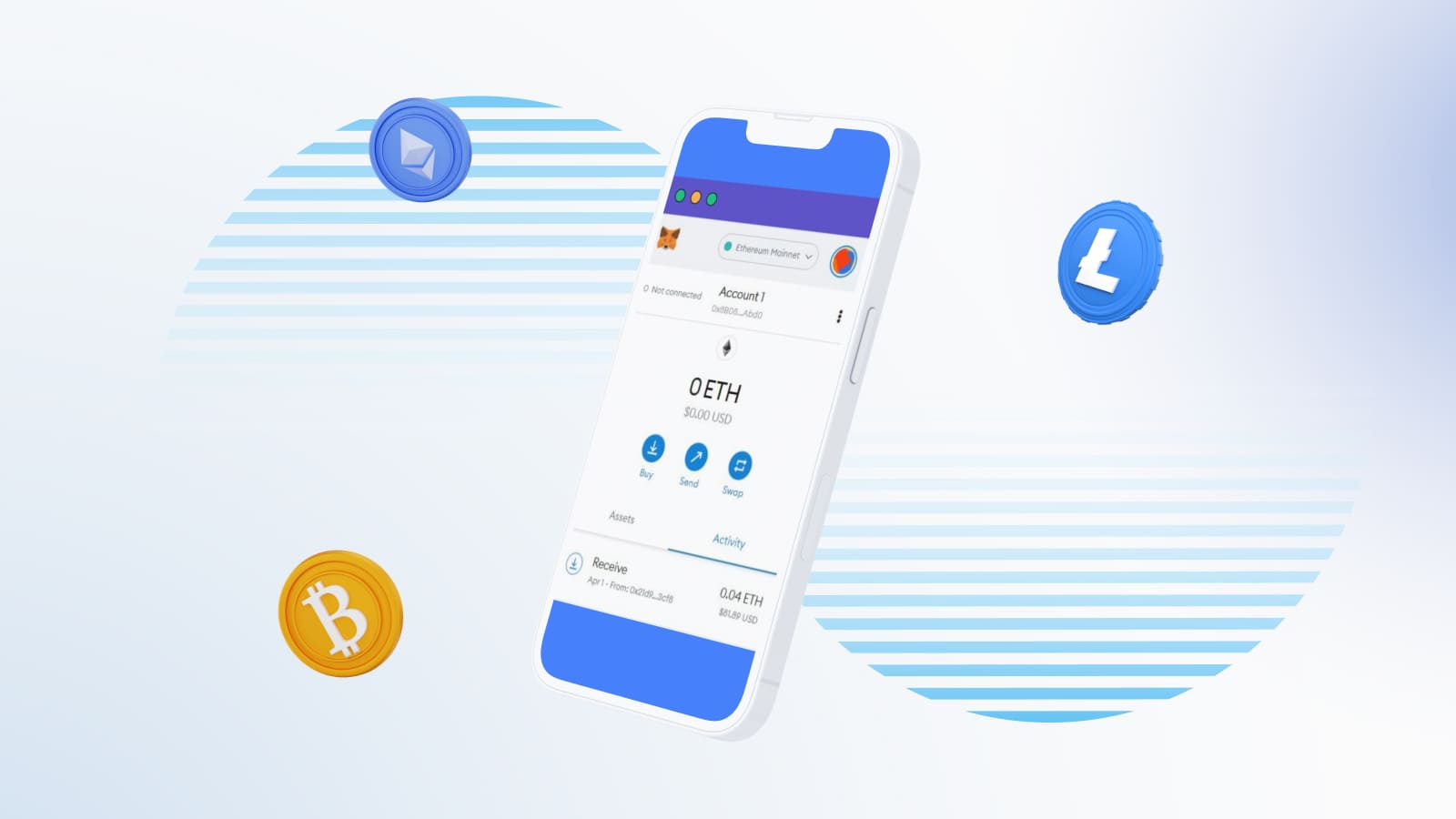
- The MetaMask wallet, which operates as an extension for browsers such as Firefox or Chrome, is not just a crypto storage. Its users have the option to interact with smart contracts and decentralized applications: two popular functions of the Ethereum blockchain. If you want to learn more about that wallet, you can read our MetaMask review.
- The SafePal device is supported by Binance and supplied with PIN codes and private keys separated in a way that makes them harder to crack. Its designers’ main objective was to develop a hardware wallet that would be cheaper than Trezor or Ledger. Its most obvious disadvantage is hardware fragility. You can learn more about SafePal wallet in our article.
What to Look For When Choosing a Crypto Wallet?
If you have even a modest wealth in crypto and just want to make sure no one will take it from you, a hardware wallet would probably be the best choice for you.
However, if you’re interested in active trading and need to receive crypto payments regularly, we recommend a relatively safe hot wallet option. With it, you will be able to carry out transactions in Bitcoin and other currencies in an easy and convenient way.
In any case, it is vital that your crypto wallet has public and private keys, along with multiple levels of security. Read our article if you want to know how to protect your crypto wallet from getting cracked.
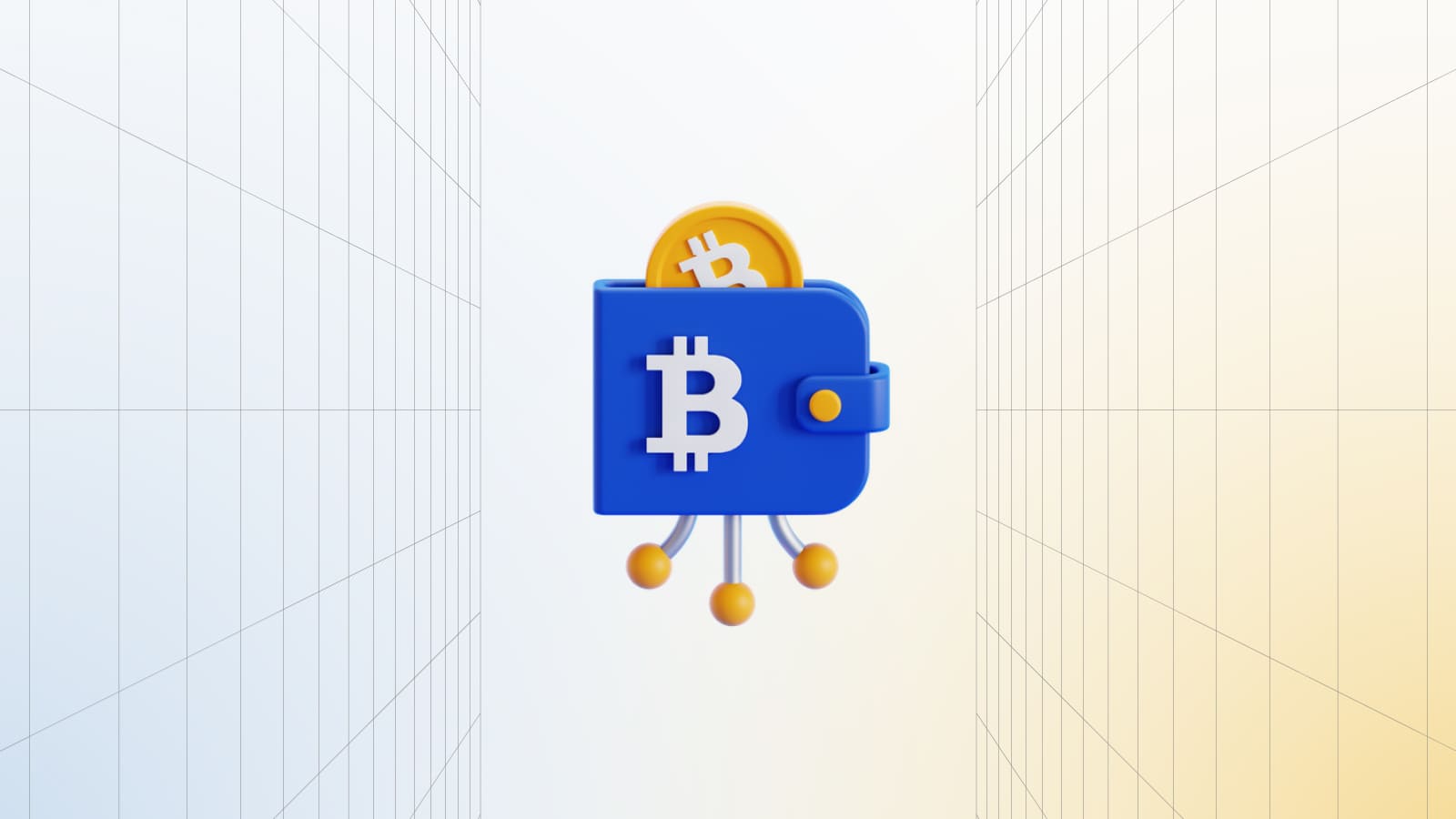
Which Crypto Wallet Should I Choose?
Your personal preferences will eventually lead you to the best choice for your crypto storage wallet. Before making the final decision, however, it’s best to study all available options.
Using crypto wallets will open a whole world of new opportunities, but there’s no one-fits-all solution to give you everything at a uniformly high-quality level. The choice is up to you.

